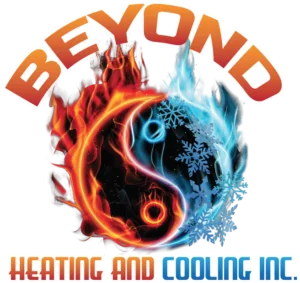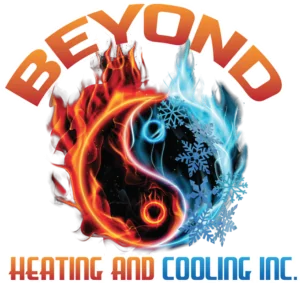Upgrading your home’s heating and cooling system is a big decision, but heat pump installation is one of the most intelligent choices you can make. A heat pump offers an efficient, all-in-one solution if you are tired of high energy bills, inconsistent temperatures, or relying on outdated systems. Unlike traditional furnaces or air conditioners, heat pumps work year-round, keeping your home warm in the winter and cool in the summer—all while using significantly less energy.
Many homeowners are switching to heat pumps because they provide cost savings, improved comfort, and environmental benefits. Imagine maintaining the perfect indoor temperature without worrying about rising utility costs. With the latest technological advancements, modern heat pumps are more efficient, quieter, and longer-lasting than ever before.
If you have been considering an upgrade, now is the perfect time to explore why heat pump installation might be the best investment for your home. In this article, we will break down the top benefits of heat pumps, from energy savings to improved air quality, and help you understand why so many homeowners are choosing this modern heating and cooling solution.
What is a Heat Pump?
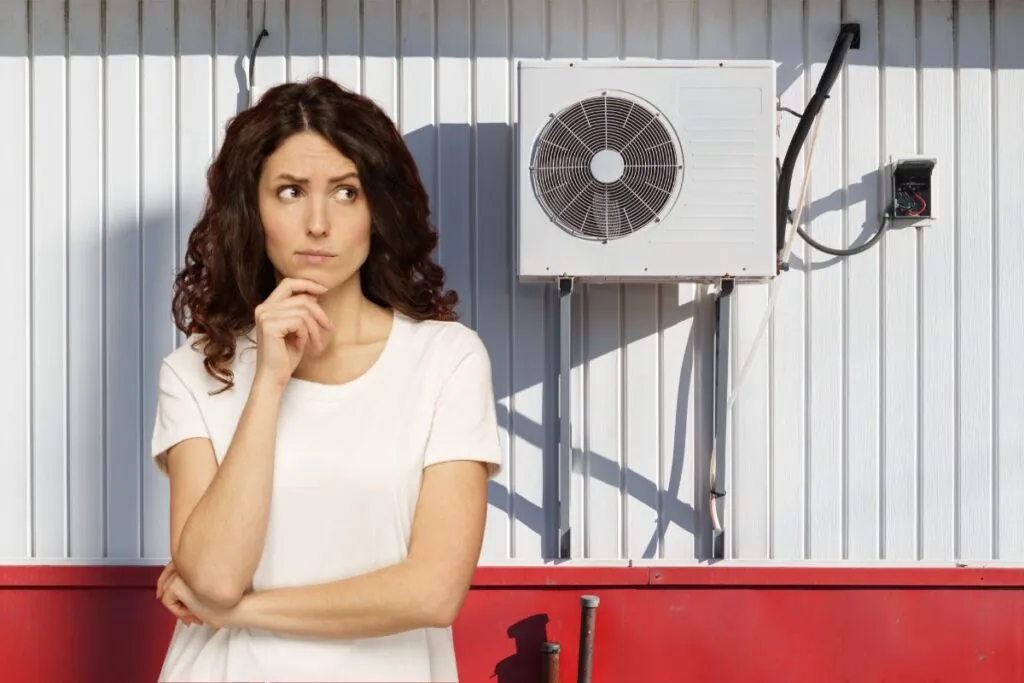
A heat pump is an energy-efficient system that provides heating and cooling for homes by transferring heat rather than generating it.
Types of Heat Pumps for Residential Use
There are three main types of heat pumps used in homes: air-source, ground-source, and ductless mini-split systems. Air-source heat pumps are the most common, transferring heat between indoor and outdoor air. Ground-source (geothermal) heat pumps use underground pipes to extract and disperse heat, offering higher efficiency but requiring a more significant upfront investment.
Ductless mini-splits are ideal for homes without existing ductwork, providing zoned heating and cooling. Each type has advantages, depending on the home’s structure, climate, and budget. Choosing the right heat pump depends on installation costs, energy efficiency, and long-term performance.
Key Components of a Heat Pump System Installation
A heat pump system consists of several essential parts for efficient heating and cooling. The outdoor unit houses the compressor and coils responsible for heat exchange. The indoor unit includes an air handler that distributes conditioned air throughout the home. Refrigerant lines connect the indoor and outdoor units, facilitating heat transfer.
A thermostat controls temperature settings, while the reversing valve allows the system to switch between heating and cooling. Proper installation ensures these components work seamlessly, maximizing energy efficiency and performance. A professional installation is crucial for optimizing the system’s lifespan and efficiency.
Why Should You Consider Heat Pump Installation for Your Home?
Installing a heat pump is a smart investment for homeowners looking for an energy-efficient, cost-effective, and eco-friendly heating and cooling solution. Unlike traditional HVAC systems, heat pumps transfer heat instead of generating it, significantly reducing energy consumption. This leads to lower utility bills and a smaller carbon footprint while maintaining consistent indoor comfort year-round.
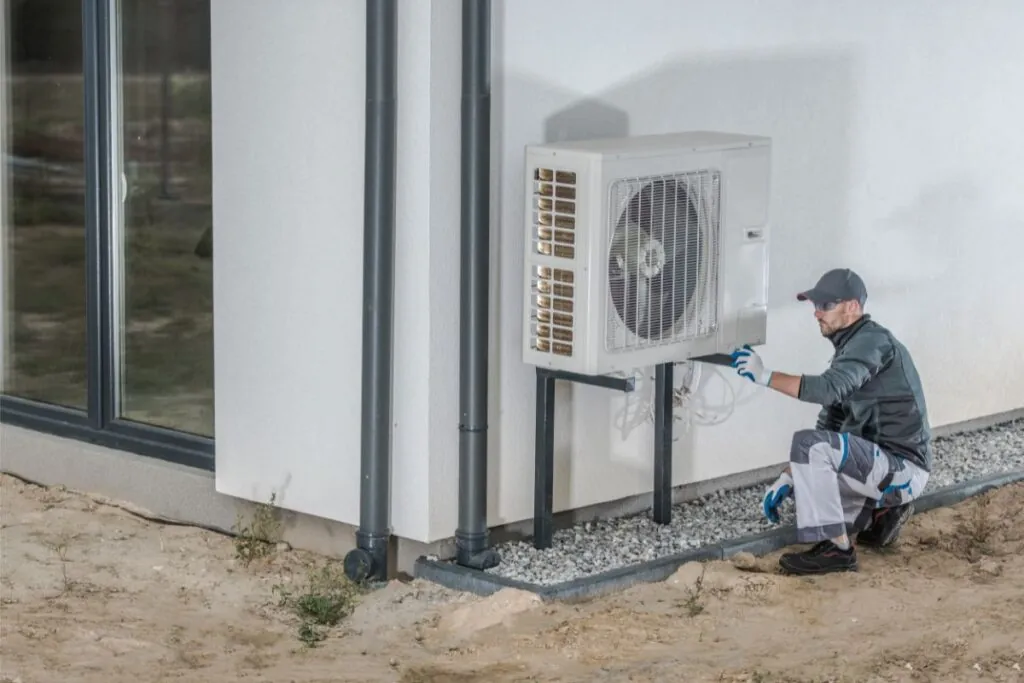
Heat pumps also provide versatility and longevity, offering both heating and cooling in one system. Modern units are designed to perform efficiently in various climates, even in colder regions. With technological advancements, today’s heat pumps operate quieter, require less maintenance, and improve indoor air quality by reducing humidity and filtering out pollutants. Heat pump installation is worth considering if you want a reliable, long-term solution that enhances home comfort while reducing energy costs.
How to Install a Heat Pump: A Step-by-Step Guide
Proper heat pump installation maximizes efficiency, performance, and lifespan. A well-installed system ensures optimal heating and cooling while reducing energy costs. The installation involves careful planning, selecting the right system, and ensuring all components are correctly placed and connected. Below are key steps to ensure a successful installation.
Pre-Installation Assessment and Planning
Before installing a heat pump, a thorough home assessment is necessary. This includes evaluating home size, insulation, and existing ductwork to determine the right system capacity. Climate conditions and energy efficiency ratings should also be considered. A load calculation helps identify the most suitable heat pump size to prevent inefficiency or excessive strain on the system, ensuring consistent performance.
Choosing the Right Heat Pump System Installation Professional
Hiring a qualified professional is crucial for a successful installation. Look for licensed, insured, and experienced HVAC contractors specializing in heat pumps. A reputable installer will assess your home, recommend the best unit, and ensure proper indoor and outdoor component placement. Checking reviews, certifications, and warranties can help you choose a reliable expert for the job.
Top Benefits of Residential Heat Pump Installation
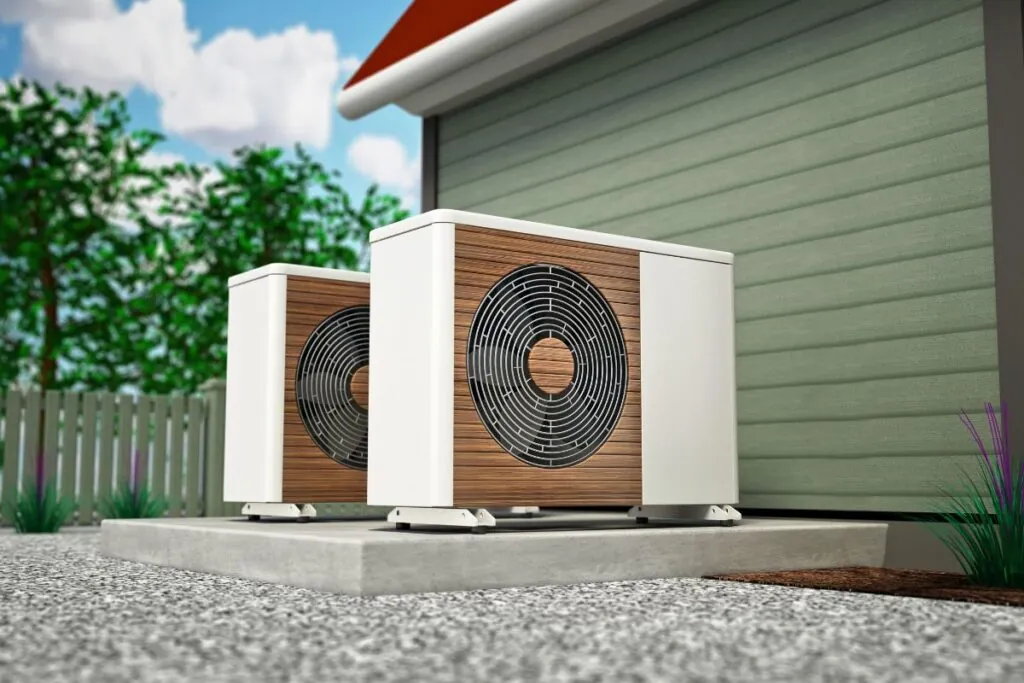
A heat pump installation offers homeowners an energy-efficient, cost-effective, and versatile solution for indoor climate control. Unlike traditional heating and cooling systems, heat pumps provide consistent comfort while reducing energy consumption. They are designed to work in various climates, making them a practical long-term investment. Below are two key benefits of installing a heat pump in your home.
Year-Round Comfort with Heating and Cooling in One System
One of the most significant advantages of a heat pump is its dual functionality—providing both heating and cooling in a single unit. In the winter, it extracts heat from the air or ground to warm your home. It reverses the process in the summer, removing heat to keep indoor spaces cool. This eliminates the need for separate heating and cooling systems, simplifying home maintenance. Modern heat pumps also have advanced thermostats and zoning capabilities, allowing homeowners to customize temperatures in different rooms for enhanced comfort and efficiency.
Long-Term Cost Savings and Increased Home Value
Although the initial heat pump installation cost may be higher than traditional systems, the long-term savings make it a worthwhile investment. Heat pumps use less energy compared to gas or electric furnaces, leading to lower utility bills over time. Additionally, many regions offer rebates and incentives for energy-efficient home upgrades. A properly installed heat pump can increase property value, making your home more attractive to potential buyers.
Is Heat Pump Installation Worth the Investment?
Investing in a heat pump installation can be a wise financial decision for homeowners looking for an energy-efficient, long-lasting heating and cooling system. While the upfront cost may seem high, the long-term savings, increased home value, and available incentives make it a cost-effective solution. Below, we’ll compare costs and explore financial benefits.
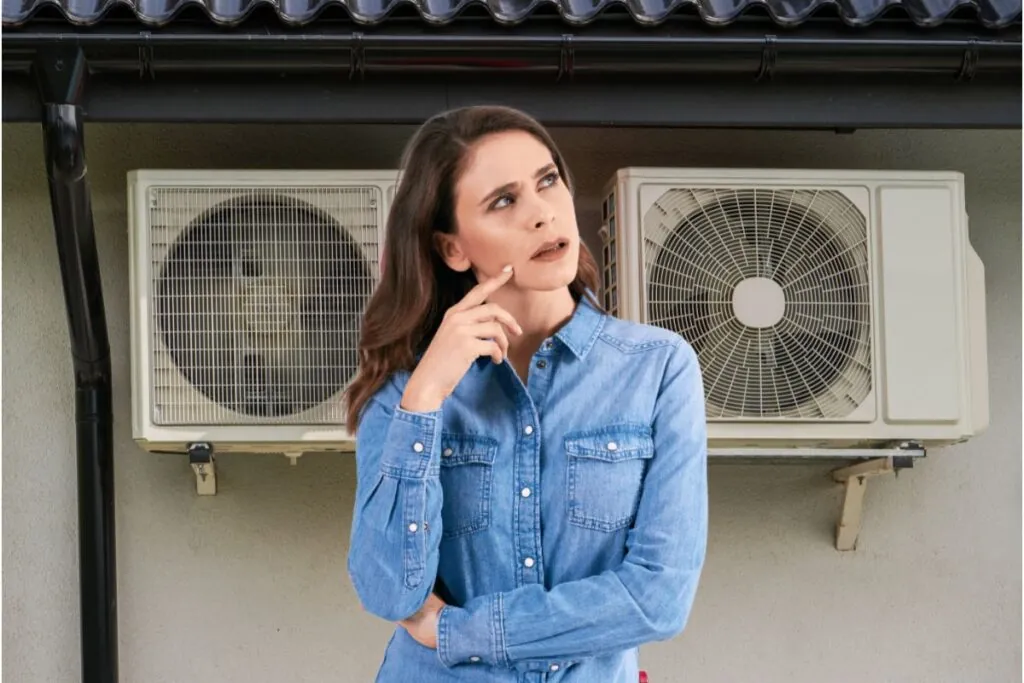
Comparing Heat Pump Costs to Traditional HVAC Systems
Heat pumps typically have higher upfront costs than conventional furnaces or air conditioners but provide greater efficiency and lower operating expenses. A traditional HVAC system requires separate units for heating and cooling, increasing maintenance and energy costs. Heat pumps, on the other hand, use electricity to transfer heat, reducing energy consumption by up to 50% compared to gas heating systems. Over time, the savings on energy bills help offset the initial investment.
Government Incentives and Rebates for Heat Pump Installation
Many governments and utility companies offer rebates, tax credits, and incentives to encourage homeowners to install energy-efficient heat pumps. Programs such as the Federal Energy Tax Credit in the U.S. or regional incentives can significantly reduce upfront costs. Some states also offer low-interest financing or grants for heat pump upgrades, making them more accessible for homeowners.
Common Questions About Heat Pump System Installation
Homeowners considering heat pump installation often have questions about the process, costs, and long-term maintenance. Understanding these key details helps ensure a smooth installation and maximizes system efficiency. Below are answers to common concerns about heat pump installation.
How Long Does a Heat Pump Installation Take?
A standard heat pump installation typically takes one to three days, depending on system type, home layout, and existing ductwork. The process may take longer if additional modifications, such as ductwork repairs or electrical upgrades, are needed. Hiring an experienced professional ensures a faster, more efficient installation.
What is the Average Cost of Heat Pump Installation?
The cost of installing a heat pump varies depending on the system type, size, and labor involved. On average, homeowners can expect to pay between $4,000 and $10,000, including equipment and installation. Geothermal heat pumps tend to cost more but offer higher long-term savings. Available rebates and tax credits can help reduce costs.
What Maintenance is Required After Residential Heat Pump Installation?
Routine heat pump maintenance includes cleaning filters, inspecting refrigerant levels, and checking for airflow obstructions. Professional servicing is recommended annually to ensure peak performance and longevity. Homeowners should also keep outdoor units free of debris and ensure indoor vents remain unobstructed for consistent airflow and efficiency.
Conclusion
Investing in heat pump installation is a smart choice for homeowners seeking energy efficiency, cost savings, and year-round comfort. Unlike traditional HVAC systems, heat pumps provide heating and cooling in one unit, reducing energy consumption and lowering utility bills. With technological advancements, modern heat pumps perform well in various climates, offering consistent indoor comfort and better air quality.
Beyond efficiency, heat pumps increase home value and qualify for government incentives, making them a cost-effective long-term investment. If you’re considering upgrading your home’s heating and cooling system, now is the perfect time to explore the benefits of heat pump installation and switch to a more sustainable and economical solution.
